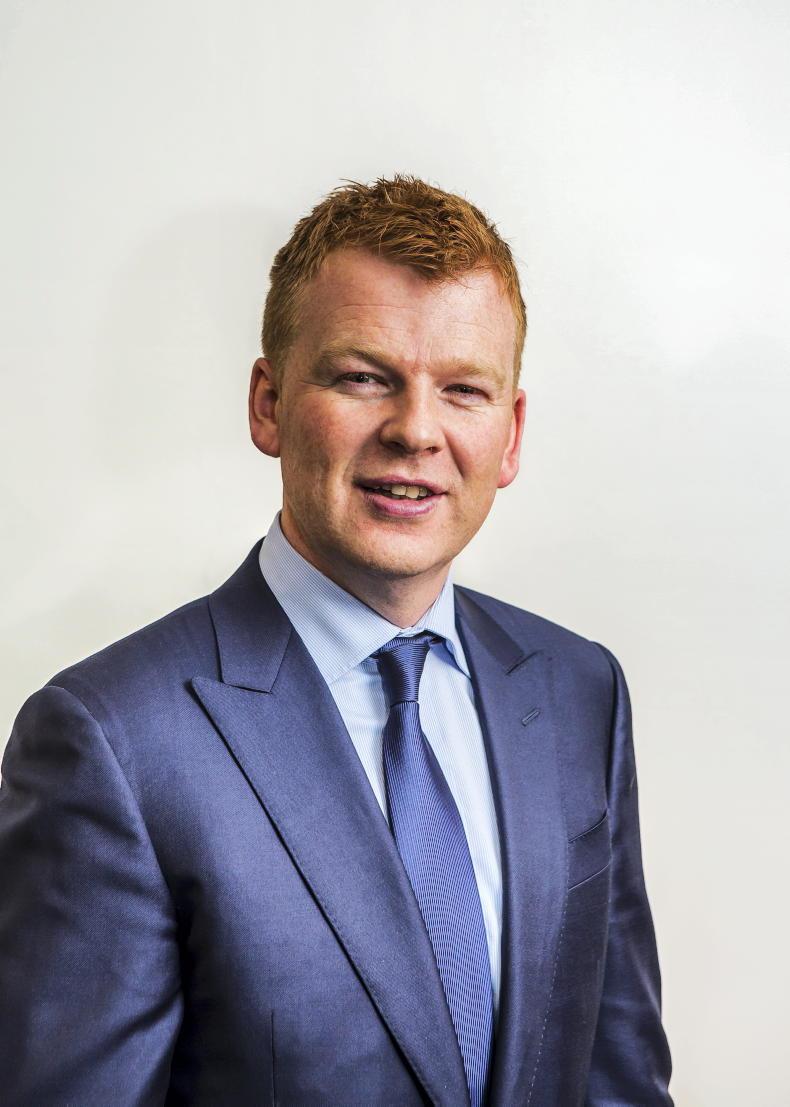When proper support and incentives are put in place, farmers can really play their part in the national effort by improving the carbon efficiency of our output.
Solar is a perfect example of this.
With the Government introducing a TAMS grant and removing red tape, we can confidently present solar as a viable option for Irish farmers and businesses.
We can do this because of our knowledge of the sector, the energy industry and the extensive research we conducted before launching our solar solution on the market.
For several years, the IFA had received feedback from members that farmers across all sectors were seeking a solution around renewable energy due to rising input costs and the added environmental benefits.
Acting on this feedback, we looked at all available technologies and solutions. Based on our initial research, solar emerged as the solution most appropriate for most farmers.
Pilot
In 2020, we commenced a pilot with Bord Gáis Energy to establish the commercial feasibility of solar. The pilot worked closely with farmers from different sectors, sizes and geographies, and clearly and objectively established the benefits of solar energy for all farmers involved.
Given the success of this pilot, we formally entered into a solar partnership.
While challenges remained at the time, it was clear even then that solar was, by far, the renewable energy technology that best fits farmers’ needs.
We set about lobbying to remove the outstanding barriers to make it more attractive to farmers.
For example, independent research on the IFA’s behalf showed that a capital grant of 60% was required to make rooftop solar viable for farmers regardless of sector, size or geography.
TAMS III
In 2022, the Department of Agriculture announced the TAMS III Solar Capital Investment Scheme, which opened for applications in 2023. This scheme is ringfenced with an investment ceiling of €90,000 and is grant-aided at an enhanced rate of 60%. Coupled with the results of our pilot project, along with other factors such as the removal of the need for planning permission and the inclusion of the farmhouse, we were able to offer a solar solution to farmers.
The response was immediate and overwhelming, demonstrating once again that if the conditions are right, farmers are more than willing to adopt new carbon reduction technologies and methods.
ADVERTISEMENTIt has not been without its challenges for everyone involved. The paperwork required to secure the grant is significant for the farmer and farm advisers.
For the Department of Agriculture and ESB Networks, the volume of applications for the TAMS grant and NC7 applications (the application to approve farmers connecting to the electricity grid) has proven challenging.
For IFA and Bord Gáis Energy, we also experienced challenges; some were expected, and some were not. The scale of interest meant expanding our professional team faster than expected.
Covid-19-related supply chain issues also occurred in the initial days. We also found ourselves having to dispel misinformation and poor advice that farmers had received.
We are delighted to say, however, that despite these initial teething challenges, farmers around Ireland are now getting to grips with their new solar systems.
ADVERTISEMENTOur system lets them see daily the money they save in real-time through the electricity they generate.







 This is a subscriber-only article
This is a subscriber-only article










SHARING OPTIONS: